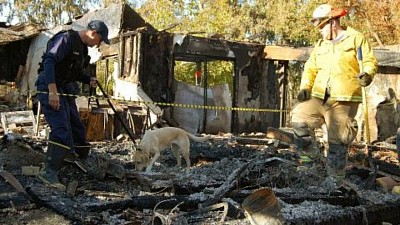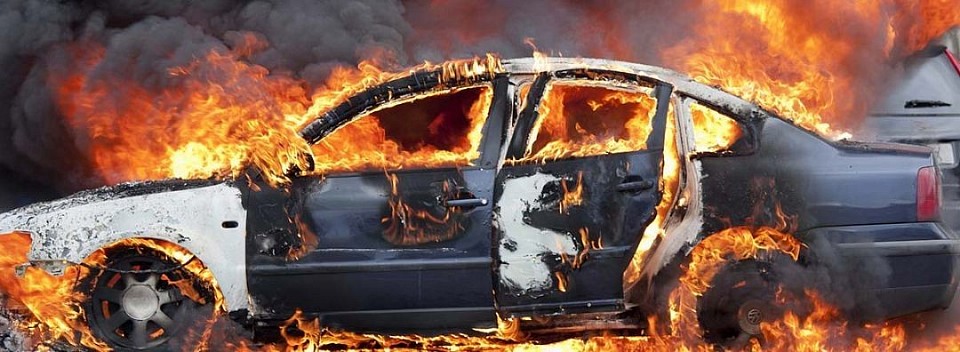Expert Insights on Arson Investigations and Qualifications
Arson Investigation on Residential Properties and Assets
Arson investigators typically require a combination of formal education, specialized training, and practical experience to be effective. They often possess a strong background in fire science, law enforcement, or related fields, and may hold degrees in disciplines like criminal justice, fire science, or forensic science. Additionally, they often undergo rigorous training programs to develop expertise in fire investigation techniques and evidence handling.
Here's a more detailed look at the qualifications:
Formal Education and Training:
• Bachelor's Degree or Higher:
Many arson investigators hold bachelor's degrees in fields like criminal justice, fire science, or forensic science. Some may have advanced degrees like master's or doctoral degrees in related fields.
• Specialized Training:
Beyond formal education, arson investigators often complete specialized training programs in fire investigation techniques, evidence handling, and arson-related laws.
• Certification:
Organizations like the International Association of Arson Investigators (IAAI) offer certification programs that can enhance an investigator's credentials and demonstrate their expertise.
Skills and Abilities:
• Analytical Skills:
Arson investigators need strong analytical skills to evaluate evidence, identify patterns, and determine the cause of fires.
• Communication Skills:
They must be able to communicate effectively with other law enforcement professionals, investigators, and even the public.
• Problem-Solving Skills:
Arson investigations often involve complex situations, requiring strong problem-solving skills to determine the cause and origin of fires.
• Physical Fitness:
Arson investigators may need to enter fire scenes, which can require physical stamina and stamina, particularly during bushfire investigations.
• Technical Skills:
They may need to use specialized tools and equipment for documenting fire scenes, collecting evidence, and analyzing data.
Experience:
• Practical Experience:
Many arson investigators gain valuable experience working as firefighters, law enforcement officers, or fire inspectors before specializing in arson investigation.
• Field Experience:
Hands-on experience with fire scenes and evidence handling is crucial for developing the skills and knowledge required to effectively investigate arson cases.



